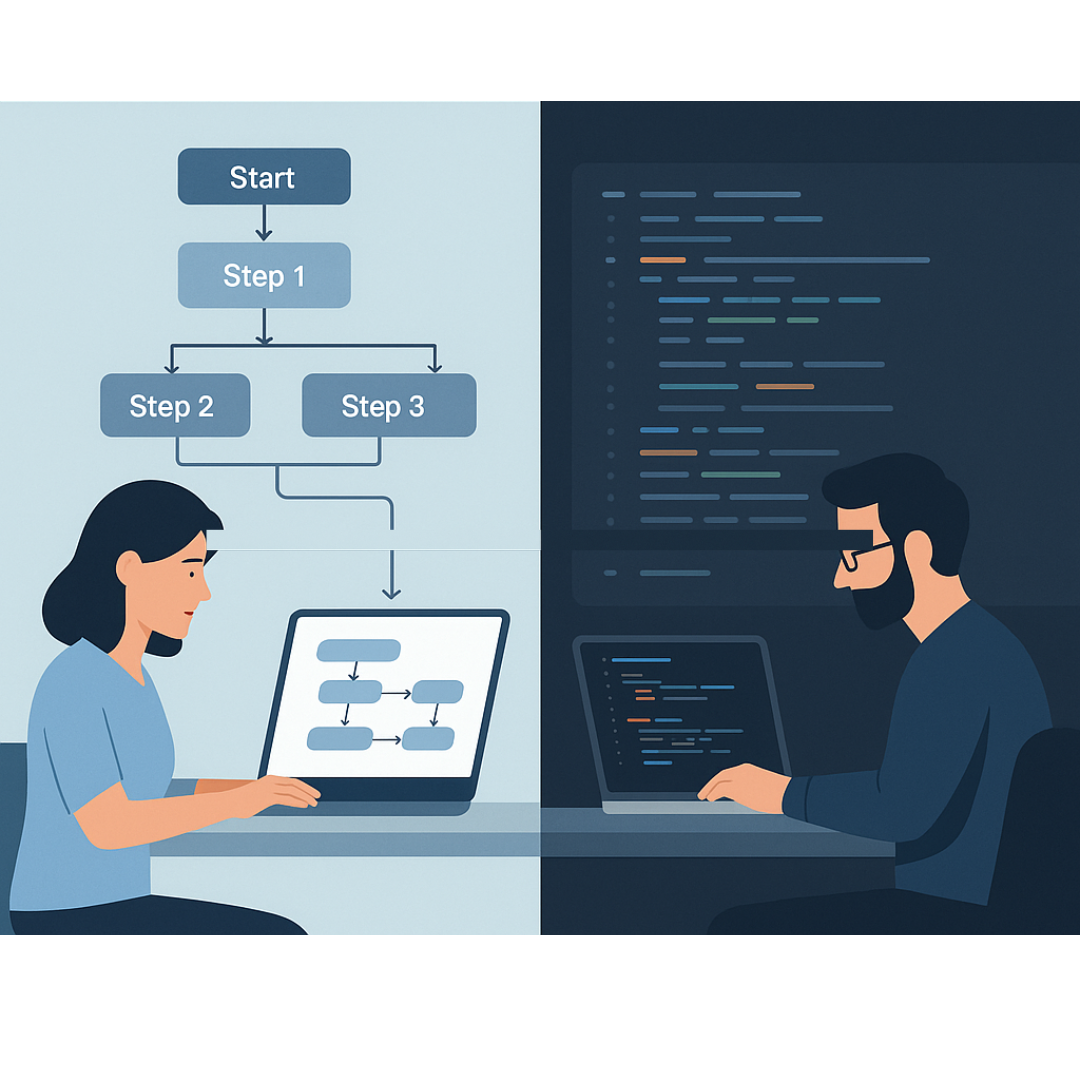TL;DR: Electronic Health Records (EHRs) do more than store patient information — they transform healthcare delivery. Here’s how:
- Enhancing Patient Care: Centralized records reduce errors and allow for personalized treatment plans, improving outcomes.
- Boosting Efficiency: Streamlined documentation cuts down on physician burnout and administrative workload.
- Streamlining Workflows: Standardized systems improve coordination and consistency across healthcare facilities.
- Supporting Data-Driven Decisions: EHRs power predictive analytics and AI insights for smarter, faster care decisions.
- Improving Access and Mobility: Mobile-friendly EHRs allow clinicians to securely access patient data anytime, anywhere.
Healthcare is always evolving, to the benefit of both patients and providers. At the heart of this constant change are Electronic Health Records (EHRs). This digital version of a patient’s paper chart offers real-time, patient-centered information instantly and securely to authorized users.
Do not be mistaken, though, an EHR is more than just a digital file cabinet. Rather, they are dynamic systems designed to streamline healthcare workflows, enhance patient care, and improve overall efficiency across the industry.
Benefits of Using Electronic Health Records
At their core, EHRs centralize critical health information. Everything from medical histories to test results is stored on one easily accessible platform. Healthcare providers have all the information they need at their fingertips to provide personalized care. The fact that these records are stored online also mitigates the chance of them being lost or damaged.
Of course, the benefits of electronic health records go far beyond convenience. They are the foundation for innovative advances like predictive healthcare analytics, telemedicine app development, and the next generation of healthcare technology solutions.
Here is a closer look at how the benefits of Electronic Health Records are reshaping healthcare for the better:
1. Enhancing Patient Care
Time and time again, EHRs have been proven to support better patient outcomes.
EHRs help physicians have a clearer view of a patient’s complete health background. This effectively reduces the risk of oversight and facilitates the development of personalized treatment plans tailored to individual needs. This personalization leads to proactive interventions and improved outcomes.
Patients also benefit from having a centralized way to access their health records. With everything in one place, it’s easier for them to engage with their own healthcare journey. This is yet another important piece to improving health outcomes.
Learn how healthcare analytics is further improving patient outcomes through predictive insights.
2. Boosting Healthcare Efficiency
EHRs are also instrumental in reducing redundant paperwork and minimizing the administrative burden on healthcare providers.
According to the latest surveys, an estimated 45% of physicians felt burnt out in 2024. It’s essential to take steps to help reduce their workload where possible. EHRs support this by streamlining documentation, so clinicians can spend more time focusing on patient care rather than paperwork.
The ability to quickly retrieve and share information between departments and specialists also enhances coordination and reduces delays in treatment. Whether transferring a patient between services or consulting with a specialist remotely, EHRs ensure that critical information is always readily available.
Integration with telemedicine app development further boosts efficiency by enabling seamless remote consultations and follow-ups, bridging the gap between traditional and virtual healthcare services.
3. Streamlining Healthcare Workflows
Standardizing healthcare has long been a challenge. However, it’s essential to maintain consistency and quality across facilities. EHR systems can help to standardize workflows, clinical guidelines, and documentation practices across various departments and locations.
Healthcare software development plays a pivotal role here by building robust, customizable EHR platforms that are tailored to the unique needs of each healthcare organization. Consider including automated alerts and integrating your EHR with scheduling and patient management systems to truly optimize your workflows.

4. Supporting Data-Driven Decision Making
Beyond record-keeping, EHRs are a foundation for advanced analytics and decision support tools that help to transform modern healthcare. With structured and detailed patient data, healthcare organizations can leverage predictive analytics to optimize treatments, especially for at-risk populations.
The importance of clean, structured EHR data is paramount. Data quality directly impacts the accuracy of predictive models, which then influences critical decisions about resource allocation, patient interventions, and overall strategy.
Healthcare technology continues to redefine clinical and administrative decision-making by introducing AI-driven insights, risk scoring algorithms, and real-time dashboards, helping providers and administrators make smarter, faster choices.
5. Improving Access and Mobility
Mobile-friendly EHR systems have become essential tools for clinicians on the move. Physicians, nurses, and healthcare staff can now access patient data from anywhere, on any device that is connected to the internet.
This secure, anytime-anywhere access enhances responsiveness, enables faster decision-making, and supports better patient outcomes. Healthcare app development supports this area, focusing on creating intuitive, secure, and interoperable mobile solutions that integrate seamlessly with existing EHR systems.
The Future of Healthcare with EHRs
The benefits of Electronic Health Records support every aspect of patient care—from ensuring critical healthcare information is secure yet accessible, to helping engage patients in their own health journey. Every feature contributes to a proactive, data-driven, and connected healthcare experience.
Ready to transform your EHR strategy?
Digital Scientists is a trusted innovation partner for forward-thinking healthcare organizations. We specialize in designing and building custom EHR solutions that are intuitive, interoperable, and compliant—empowering care teams and improving patient outcomes.
👉 Partner with Digital Scientists to modernize your EHR system – Schedule your FREE consultation today!



